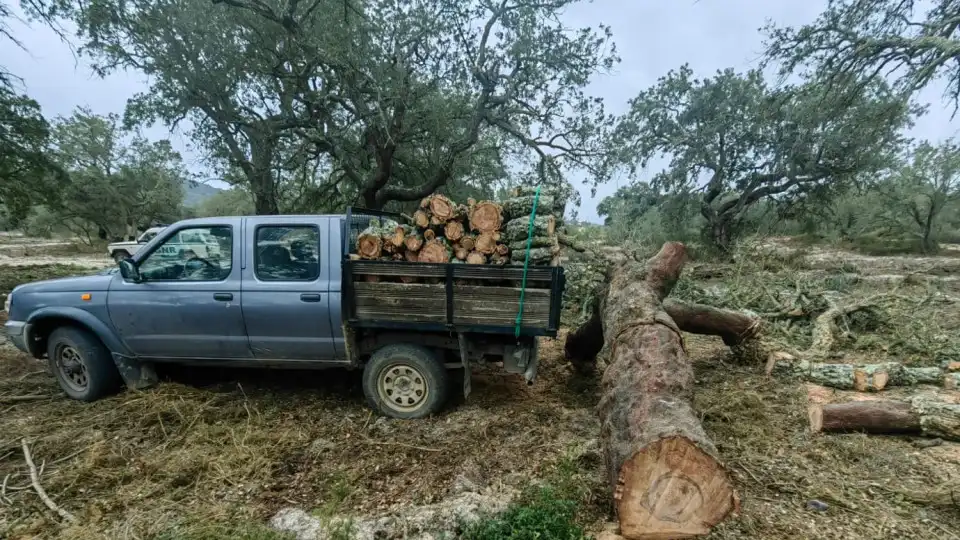Portugal defends the creation of an “emergency clause” in the new design of the European electricity market, similar to the Iberian mechanism that limits the price of gas used to produce electricity, but Brussels recalls the risks of this measure and stresses the different energy realities among European Union (EU) member states.
According to a senior European Commission official, “the Spanish and Portuguese measure to lower electricity prices during the energy crisis was considered justified by the specific circumstances of the Iberian wholesale electricity market,” given the “limited interconnection capacity of the Iberian Peninsula, the high exposure of consumers to wholesale electricity prices, as well as the high influence of gas in setting prices” of light, advanced to Lusa.
However, he warned that “EU member states are very diverse in terms of their energy mix, interconnections and energy systems,” he said, noting that in a recent analysis, the EU executive highlighted “risks associated with this type of action at the EU level, including increasing demand for gas and increasing subsidized electricity exports to neighboring non-EU countries,” such as the United Kingdom or Switzerland.
In addition, the European Commission has already adopted “several measures that have a de facto impact on the coupling of gas and electricity prices […] such as the Infra Marginal Revenue Cap, which targets excessive profits from electricity generation and redirects to end users revenues generated when the gas price signal leads to high prices on the electricity market,” the top official of the institution recalled, speaking of an “instrument designed to help energy consumers without sending the wrong signals on gas demand.”
At a time when the European Commission is finalizing its reform proposal to allow better access to renewable energy, with lower costs and more stable prices in the long term, the Portuguese government has already argued, in an official position submitted to the EU executive, that “in addition to the regular functioning of the market, there is a need to frame the extreme volatility of the market.
“One solution would be to provide for an emergency clause,” the Portuguese executive pointed out in the document, stressing that “putting a ceiling on market prices has proved to be effective”, i.e. that the Iberian mechanism has had “very positive results”.
“The development of an emergency clause compatible with the EU market, triggered in exceptional circumstances and under a transparent decision-making process, ensures protection against extreme market volatility, without compromising the proper – and much needed – functioning of the market in normal times,” Lisbon stressed in the position submitted to Brussels in mid-February. “Such a clause would strengthen the confidence of market participants and consumers,” it said.
In January, the European Commission launched a public consultation, now closed, on reforming the design of the EU’s electricity market to better protect consumers from excessive price volatility, facilitate their access to secure energy from clean sources and make the market more resilient. Brussels is expected to present its proposal in mid-March.
In addition, an official source from Brussels confirmed to Lusa that the European Commission is “in contact” with the Spanish and Portuguese authorities to extend, after May, the deadline for the operation of the Iberian mechanism that limits the price of gas in electricity production, pending notifications from Portugal and Spain.
“The Commission is in contact with the Spanish and Portuguese authorities regarding the extension of the measure aimed at reducing wholesale electricity prices on the Iberian market by reducing the production costs of fossil fuel-fired power plants,” said an official source from the EU executive.
Asked about the extension of the mechanism, the European Commission said “it is up to the member state to assess whether a specific measure involves state aid”.
“If a measure constitutes state aid under EU law, it must be notified by the member state concerned to the Commission for assessment before any aid is granted to the beneficiaries, unless it is covered by block exemptions,” the institution added.
While declining to “comment further on the content of these contacts, nor to prejudge their duration or outcome,” the official source also assured that the EU executive is “well aware of the difficulties caused by the current energy crisis resulting from Russia’s unjustified attack on Ukraine” and is therefore “ready to urgently assess the compatibility of emergency measures in this context.”
Another source close to the process told Lusa that the Spanish and Portuguese authorities “have not yet formally notified the Commission of the extension of the measure.
For its part, the Ministry of Environment and Climate Action noted that after the political agreement reached last January between Lisbon and Madrid for the extension of this Iberian mechanism, the two governments “continue to work together and with the European Commission to extend the validity […] beyond the initial timeframe of May 2023.
Between June 15, 2022 and January 31, 2023, this measure generated a net benefit of more than 570 million euros and a reduction in the final wholesale price of 43.78 euros / MWh,” said the MAAc in statements to Lusa, speaking of a “19% reduction in price that would occur without the application of the measure.”
A source from the Spanish government said that there is no forecast as to when the formal request will be sent to the European Commission, but assured that Portugal and Spain will submit it “at the same time”.








